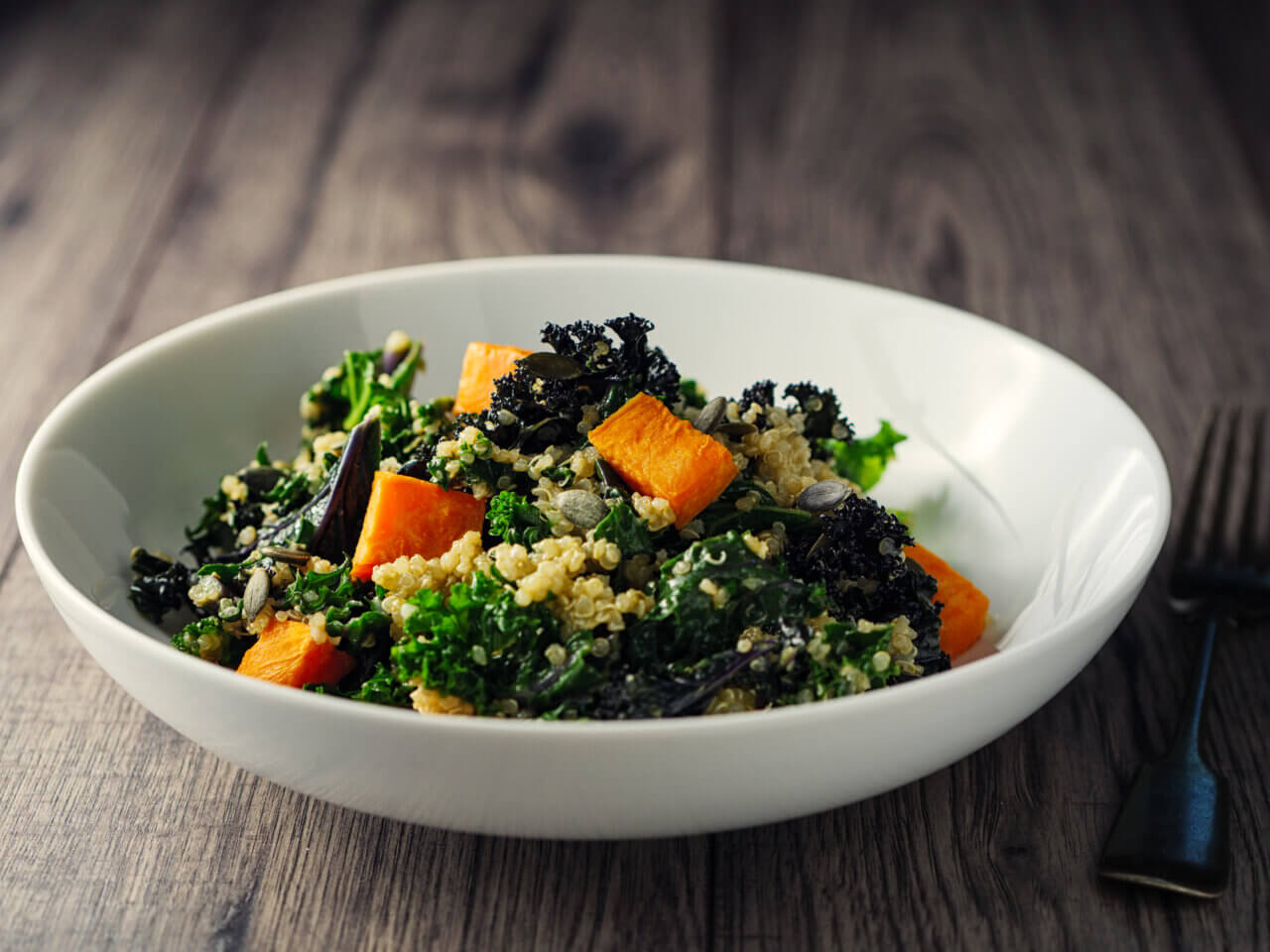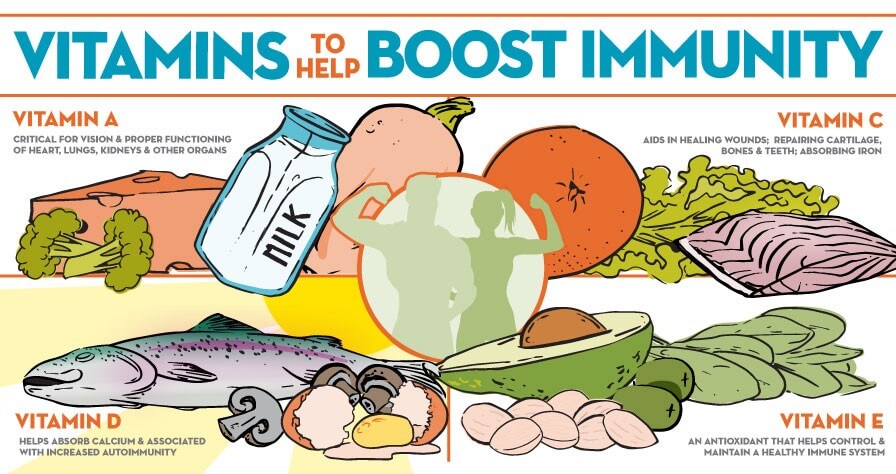5 Vitamins You Might Be Overdoing

Conventional wisdom would tell you that if a little of something is good then more is certainly better and with almost 40% of Americans taking a daily multivitamin, it would appear that this is a common belief for many when taking vitamins and supplements. Unfortunately, there are also cases where there can be too much of a good thing. Increasing vitamin intake beyond recommended daily values may not be all that beneficial at all and, in some instances, can even be harmful.
Iron
For women, iron is a necessary part of a balanced diet but the need for iron intake decreases after menopause; however, not everyone adjusts their diet accordingly. An overabundance of iron can cause hemochromatosis and has been tied to an increased risk for heart disease and Alzheimer’s.
Vitamin A/Beta Carotene
Many people associate beta carotene and vitamin A with improved eye function but many fruits and vegetables, such as carrots and sweet potatoes, naturally contain ample amounts of beta carotene – which forms vitamin A. Most adults acquire their recommended daily intake of vitamin A through a normal, healthy diet and too much can lower blood pressure, has been linked to an increased risk for lung cancer and can cause liver toxicity.
Vitamin B6/B12
B vitamins are commonly used as an energy supplement and most look to vitamins B6 and B12 for this purpose; however, B vitamins don’t actually provide that sought-after energy boost and vitamin B deficiency is not all that common. Unnecessary quantities of vitamin B6 over an extended period of time can cause nerve damage and too much vitamin B12 has been associated with restenosis and high blood pressure.
Vitamin E
Vitamin E has long been used in skin care products and for its antioxidant properties in the fight against cancer. While vitamin E is generally safe in recommended quantities, too much can cause a number of ailments including, but not limited to, allergic reaction, insulin resistance, high blood pressure, and an increased risk for heart disease.
Vitamin C
Vitamin C is one of the most common vitamins taken as a supplement due to the belief it can help fight or prevent colds and the flu. Not only does vitamin c not cure any diseases, taking more than is recommended has been linked to blood clotting and an elevated risk for kidney stones.
As with any medical regiment, starting or stopping vitamin supplements should only take place under the direct supervision of a medical professional. For most people though, receiving the recommended daily values of vitamins and minerals through natural sources is almost always the best bet.



